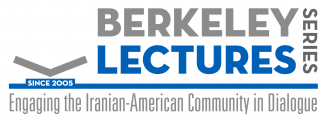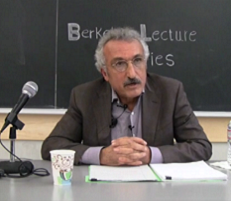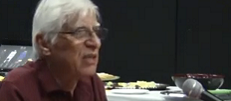The Image of Women in the Interpretation of the Myth of Creation, Jan 6, 2019
Dr. Taheri studied classical and contemporary Persian literature in Iran at Pahlavi (Shiraz) University, and received her Master’s degree in Persian studies from the Pajuheshkade-ye Farhang-e Iran, and her PH.D from the Department of Near Eastern Studies at the University of California, Berkeley. During the last two decades she has taught Persian literature, language, Iranian history and culture, and Gender and culture courses in the Department of Near Eastern Studies at UC Berkeley (USA), the Department of Persian Studies at Tokyo University of Foreign Studies (Japan), and the Middle East and Central Asian Studies Department in the Australasian National University (Australia). Her first book, Hozur-e peyda va penhan-e zan dar mutun-e sufiyyeh was published by the Institute of Asian and African Studies, Tokyo University of Foreign Studies/Japan in 2007. The third editions of this book was published in 2018.



